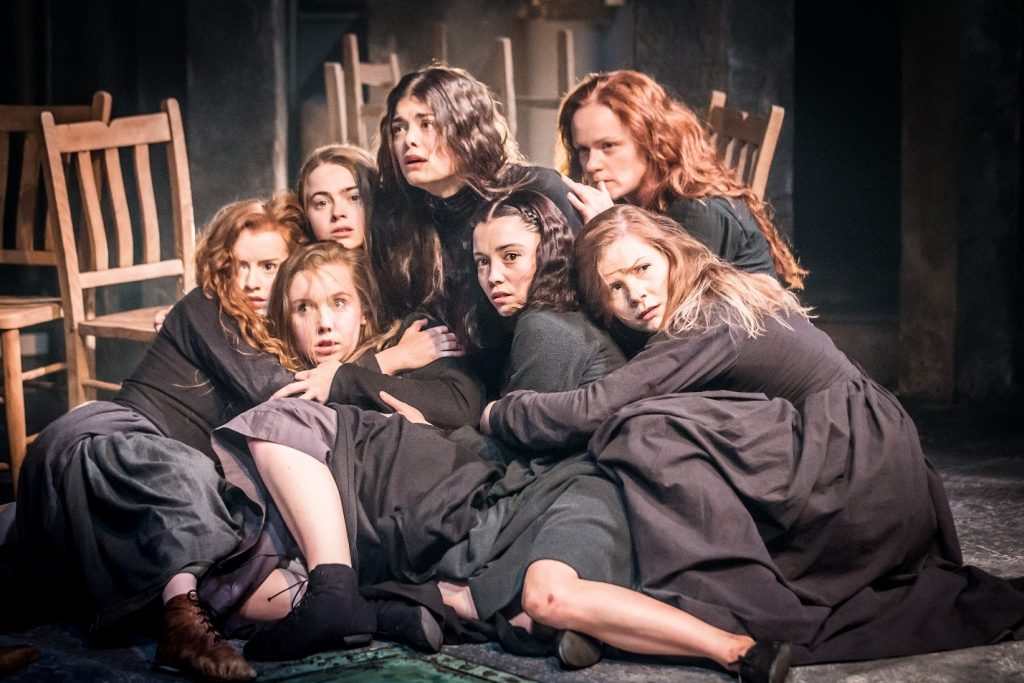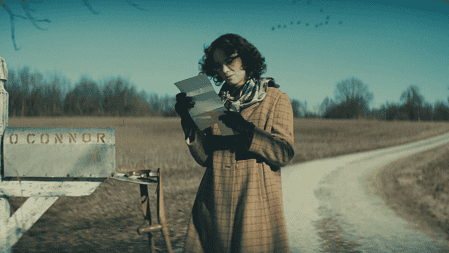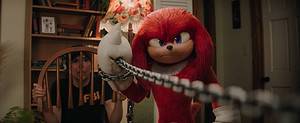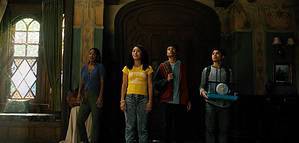‘The Crucible’ is a fictionalized play written by Arthur Miller, an American playwright. It first opened on Broadway in 1953. The play is set in the year 1692 and the events take place in Salem, Massachusetts, a town populated with puritans. While the heart of the drama is the Salem witch trials, the play was written as an allegory for McCarthyism, a practice of accusing individuals of treason without proper evidence. As such, Miller was charged with Contempt of Congress in 1956 for failing to identify other individuals present with him during meetings. The first production of the play starred E.G. Marshall, Beatrice Straight, and Madeleine Sherwood and won the Tony Award for Best Play in 1953. Since then, several theater productions, TV dramas, and films have been made of the play, making it a central work in American drama canon.
This classic play is a famous literary work, and its significance is unparalleled on social-emotional learning and moral-ethical emphasis. With many themes portrayed through the characters, the play emphasizes on human characters such as deceit, religious rules, jealousy, fear and sexual oppression. After reading the play, readers often choose to tackle the play with different perspectives and get an in-depth understanding of Arthur Miller’s ‘The Crucible’. The author does not only touch on the consequences of repressed sexuality but also of the consequences that one faces due to fear of outsiders and religious intolerance. Since its debut in 1953, the play has been frequently adapted into movies. These are the best adaptations of the play to date.
1957
The first adaptation of the movie, French: Les Sorcières de Salem and German: Die Hexen von Salem or Hexenjagd, was directed by Raymond Rouleau, who joined forces with Jean-Paul Sartre to adapt the screenplay. The movie starred Yves Montand, Simone Signoret, Jean Debucourt, and Myléne Demongeot. When it was released on 26 April 1957, the Franco-East German film was met with positive appraisals with the New York Times saying, “Jean-Paul Sartre and Raymond Rouleau have got a powerful and compelling film.” Actor Simone Signoret won the BAFTA Award for Best Foreign Actress in 1957 for her role in the film. All the actors collectively won the Best Actor Award at the 1957 Karlovy Vary International Film Festival.
Even though the movie was a box office success, Miller blocked the film’s general exploitation because he disapproved of Sartre’s adaptation and wrote his own in 1996. Pathé, a French studio, then purchased his partial distribution rights, and the film was released on home video in 2017.
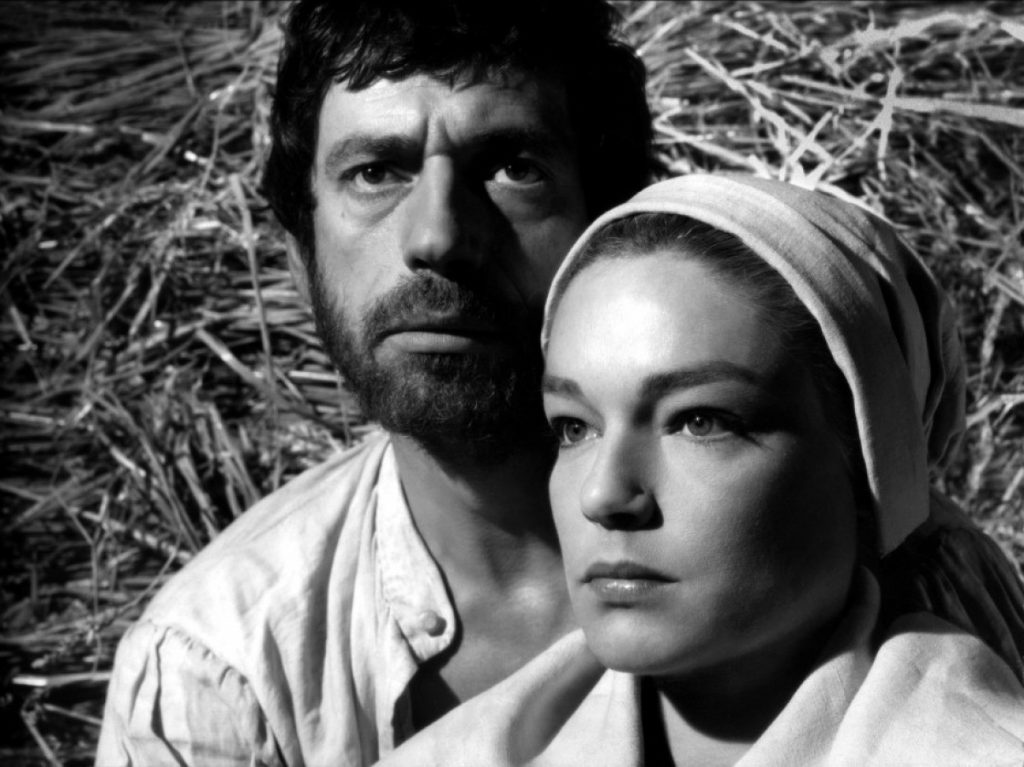
1996
Although film adaptations do not always live up to the original story, the 1996 adaptation of The Crucible comes close and captures the play’s essence. The original playwright Arthur Miller wrote the screenplay himself to adapt his play into an American historical drama. Miller was 81 at the time of production, and this adaptation was the last of his work to be produced. His final play, Broken Glass, had opened on Broadway in 1994.
The movie was directed by Nicholas Hytner and starred Daniel-day Lewis, Winona Ryder, Paul Scofield, and Bruce Davidson. Although the movie was not a commercial success, all the actors and the movie gained critical praise. Miller was nominated for an Oscar for Best Adapted Screenplay. Paul Scofield won the BAFTA Awards for Best Actor in a Supporting Role for his character, Judge Thomas Danforth. Even with the lackluster box office performance, critics have hailed the play’s 1996 adaptation the best to-date. It is also the most famous adaptation among the audience since it closely resembles the play. By bringing to life the horror of the Salem witch trials, the film serves as a great accompaniment to the play.
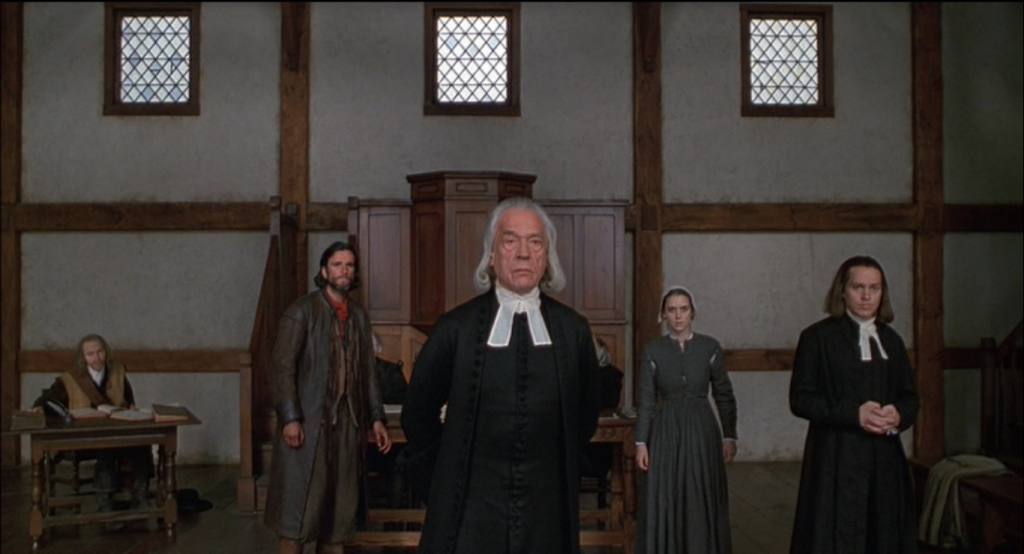
2014
In 2014, ‘The Crucible’ was adapted by director Yaël Farber, starring Richard Armitage, Harry Attwell, and Samantha Colley. The Old Vic produced it, and the cinema was distributed across the UK, the United States, and Ireland. It was also adapted for the theater where it played for three months from 21 June- 13 September 2014. It was met with positive reviews with The Independent calling the adaption ‘Unmissable’ and the Daily Telegraph calling it ‘A production of electrifying intensity.’ Armitage was nominated for the Olivier Awards for Best Actor.
Wrap Up
Even though there have been several adaptations of ‘The Crucible’, the original script’s appeal lies in its significance with other contemporary events. It is not only a critique of the McCarthy era, but it is also a commentary on fascism, anti-feminism, and other repressive movements. All these facets summarized in a drama where characters are forced to face the truth about themselves are why ‘The Crucible’ is a classic. Even though the characters were set in the 1600s, they teach an important lesson on ignorance and its consequences. As such, the significance of the play remains relevant through the 1950s until today.

DC Fanboy! Superman is the greatest comic book character of all time. Favorite movies are Man of Steel, Goonies, Back To the Future



